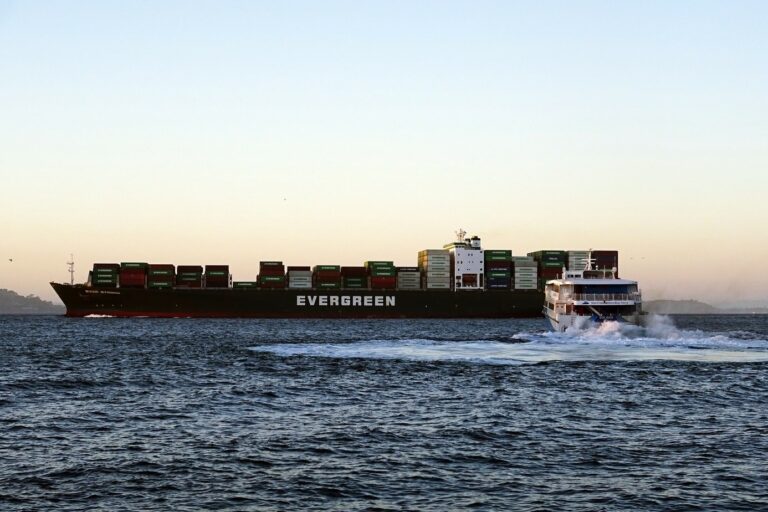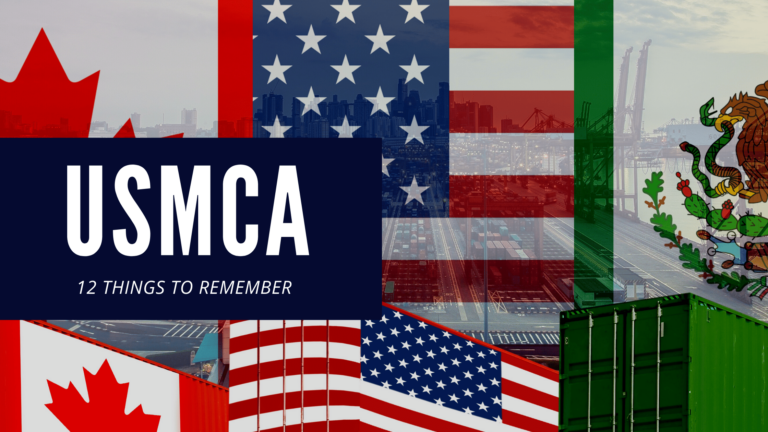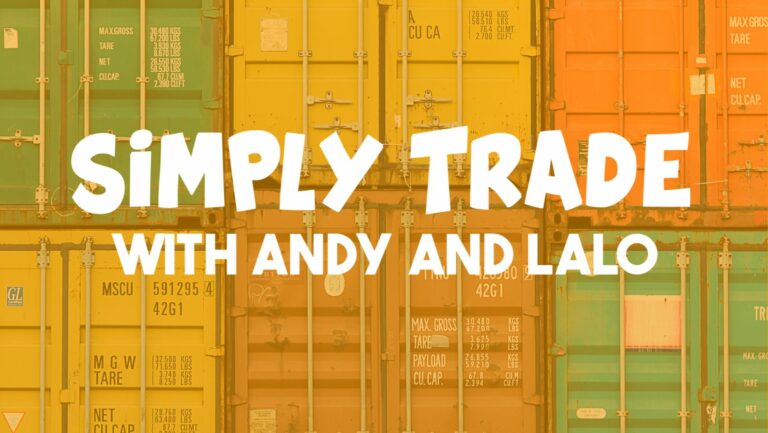WHAT IS TRADE COMPLIANCE?
Think of an answer to this question, “What is trade compliance?”
You may be thinking of not mailing or shipping chemicals, arms, or other inappropriate items. Answering “what is trade compliance” should include much more than a quick review of what can and cannot be shipped. Few topics carry more weight in the supply chain than trade compliance. Trade compliance describes a list of terms and conditions for all trade between two or more countries, including training, lending, classification, trade risk determination, and duty or tax payments and reviews.
In addition, a country may have different trade agreements for every other country it does business with. As a result, the number of potential trade agreements can be equal to every possible pairing of countries and subsequent organizations within a country.
WHY IS TRADE COMPLIANCE IMPORTANT?
Trade compliance ensures stability and ethical practices in all trade operations around the globe. Existing trade agreements set strict standards for imports and exports, and repercussions for any and all transactions that may conflict with a given trade agreement are clearly defined by the governing institution.
For example, the U.S. regulates what countries may receive U.S. exports and vice versa.
The idea behind regulating exports was originally intended to prevent national security issues from arising, such as the sale of arms to people “intent on harming the U.S.,” reports the Harvard Law School Forum on Corporate Governance and Financial Regulation. In other words, trade compliance could be used to describe all of the processes and regulations that promote the general welfare, safety, and vitality of the global economy.
WHAT ARE THE REPERCUSSIONS OF A VIOLATION?
- A violation of trade compliance statutes may have differing penalties, which depend on the following factors:
- The nature of the items being transported. “What they are shipping.”
- The origination of the items.
- The destination of the items.
- Any potential bribery or other “kickbacks” used to secure the transportation of the items.
Assumptions often leave those violating trade compliance statutes unaware of the potential penalties for a violation. However, violations may include both fines and incarceration.
For example, a Texas company was ordered to pay $100 million for export violations in 2013, according to the U.S. Department of Commerce (DOC). While this fine may seem to reflect the company’s overall business dealings, it breaks down into the following penalty assessments:
- $50 million as a civil penalty for exporting oil and gas equipment to Cuba, Iran, and Syria.
- $48 million monetary penalties as part of a deferred prosecution agreement.
- $2 million in criminal fines following guilty pleas.
Now, look at what the fines were levied for. The company in question transferred goods totaling up to $32 million. The violation cost 312.5 percent more than the original profits gained from conducting business with the respective countries.
A violation may also result in the denial of export privileges, which can cost a company millions more than the initial assessment of penalties.
Paired with the harm from mainstream media exposure, change in public perception through social media, and financial setbacks, a company that engages in a violation of any trade agreement could face the ultimate penalty of losing its customer base and going out of business.
CREATING A PROGRAM TO DEFINE AN ANSWER TO “WHAT IS TRADE COMPLIANCE”?
Because of the significant number of trade agreements in place among the U.S., her allies, and third-party countries, maintaining trade compliance can seem like a nightmare. Rather than trying to decipher the “dos and don’ts” of trade compliance, companies should follow the due diligence guidelines set forth by the DOC Bureau of Industry and Security (BIS) to develop an effective trade compliance program. These guidelines include the following principles:
Management must establish and commit resources to the use of written export compliance standards and ensure appropriate individuals “designated for the overall responsibility of export compliance.”
- The risk assessment must be continuous.
- A formal written export management and compliance program must be in place.
- The company must maintain ongoing compliance training and awareness.
- A pre/post-export compliance security and screening policy should be in place.
- Adherence to record-keeping, including a designated importer and exporter of record, must be maintained.
- Compliance monitoring must take place internally and externally, and audits must frequently and periodically review such records.
- A program for handling and reporting all violations must be in place.
- The programs must also manage any export violation through the appropriate corrective action and maintain records of such actions.
WHAT IS TRADE COMPLIANCE: A FINAL CONSIDERATION
Trade compliance represents one of the most intense aspects of engaging in international trade, and failure to maintain it can destroy a company’s reputation and future simultaneously. As a result of increased scrutiny by the BIS to ensure trade compliance of U.S. companies, more companies are turning to expert partners in logistics and the supply chain, such as Flash Global, for assistance. For more information visit the Flash Global website here.
Ultimately, the key to achieving sustainable growth and longevity for your company relies on your ability to expand into new markets and access new resources with as little risk as possible. Flash Global can help turn that vision into a reality and may prevent “what is trade compliance” questions from turning into a financial purgatory for your organization.








